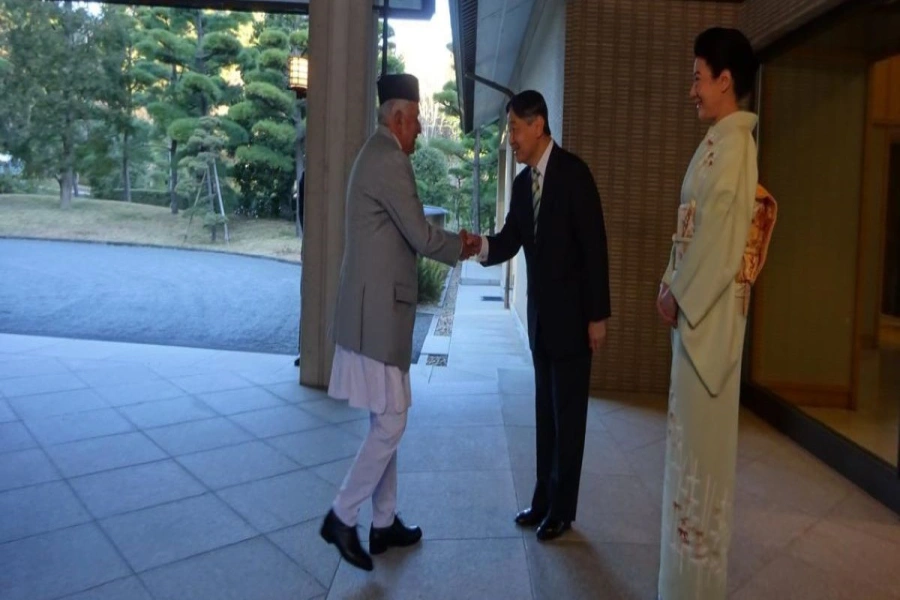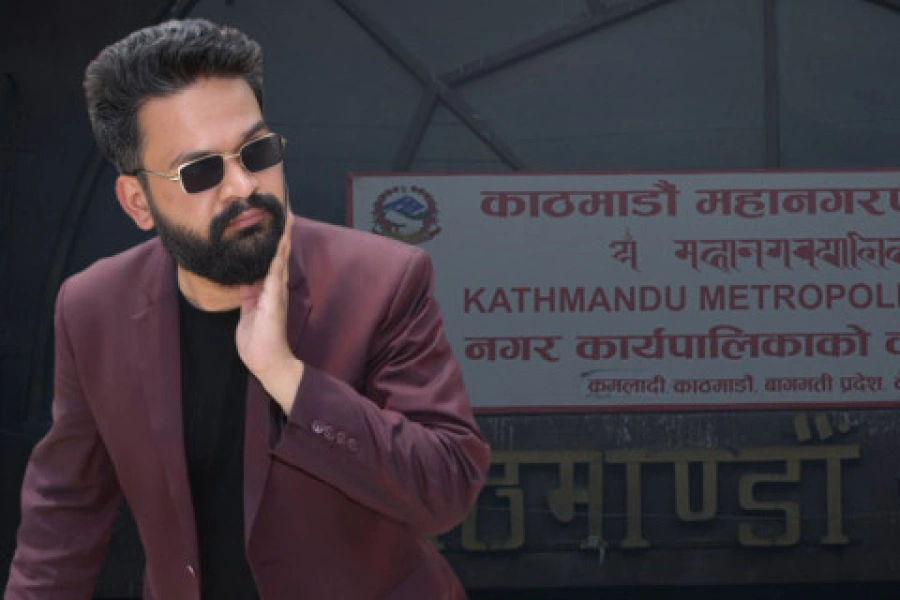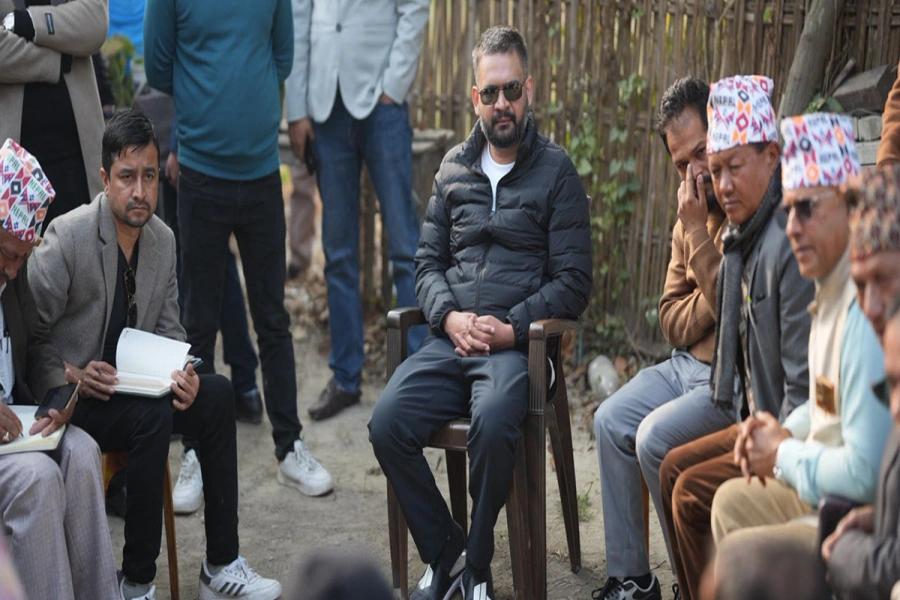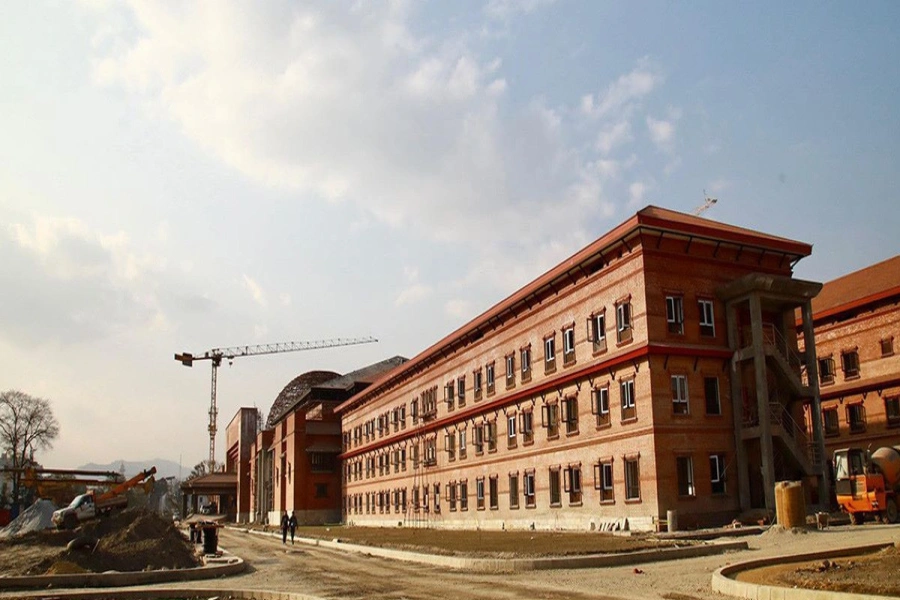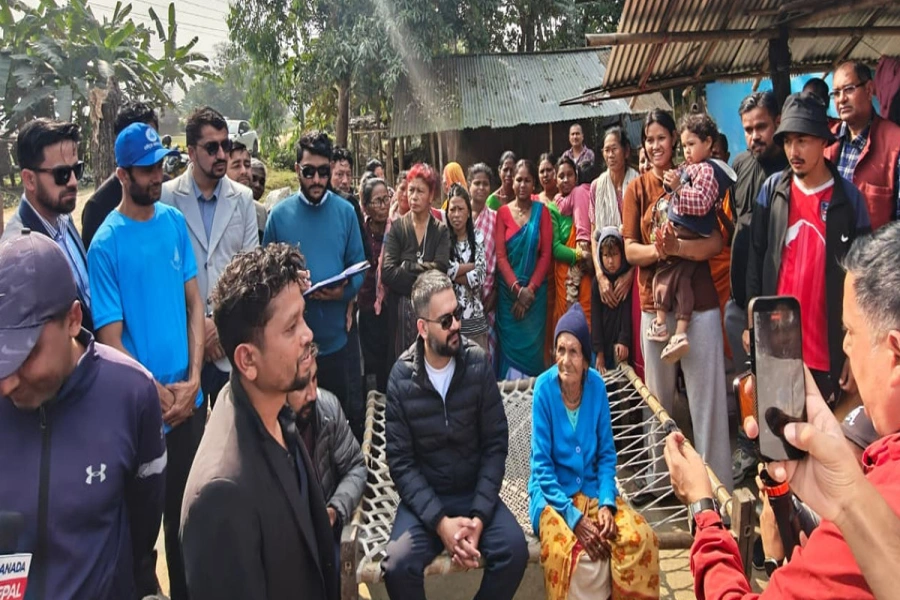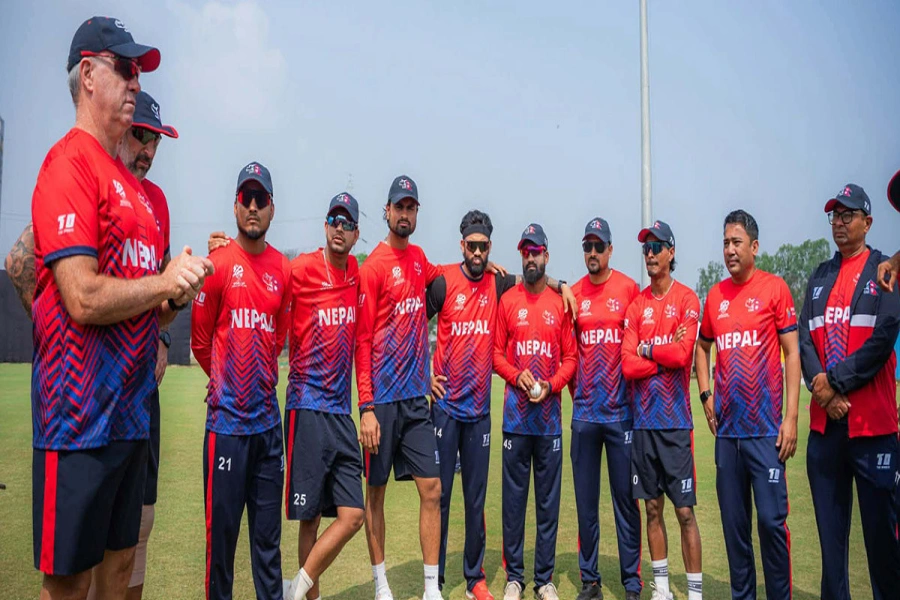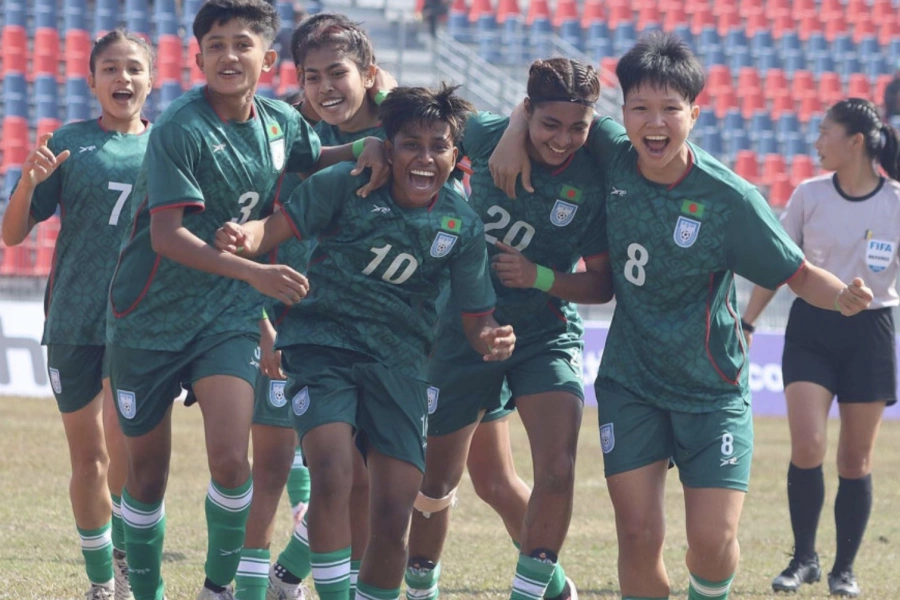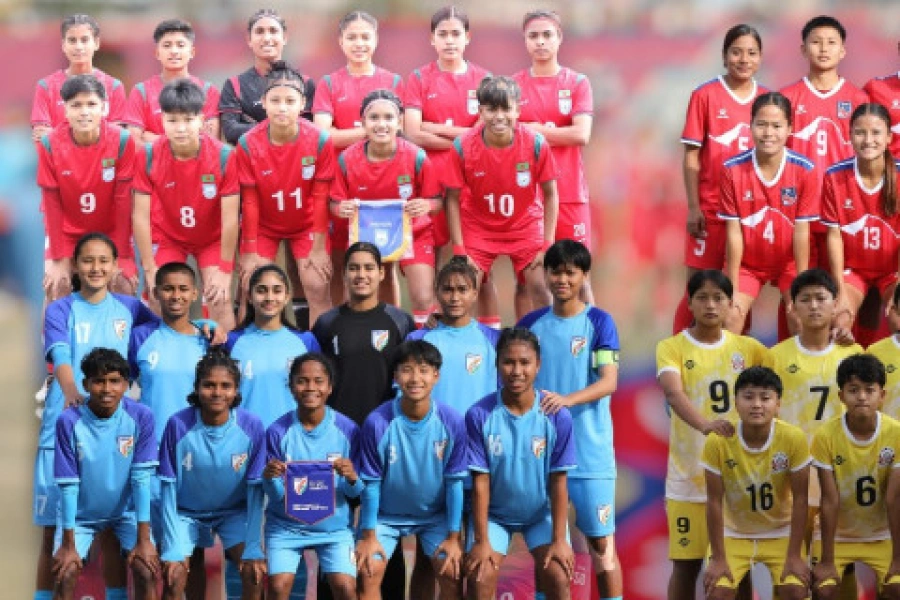Every class has students capable of becoming singers, dancers, poets, athletes and actors but our education system is discouraging them every moment
Two decades ago in Singapore, an eighth-grader known to have no interest in arts, literature, music and sports, gets randomly selected for a special creative writing course after school. The one-semester of writing course trains her to think beyond what she has been exposed to in her regular mandatory classes. She finds her love for words and imaginations beyond that. This discovery came to her when she was least expecting it, and since then she has continued to use those creative skills to solve other problems in life. The child is none other than one of the writers of this article.
Creativity is within us all, but we can also coach our children on that hidden natural creativity.
A school in England writes to the guardian of a student a letter stating that their daughter cannot read. She does not have focus, and cannot keep still in one place. The family is worried and takes the child to the doctor. After examining the child several times, the doctor asks to talk to the mother alone, and leaves the room with the radio turned on inside. After staying outside for a while, the doctor asks the mother to peer through the window curtain. She peers through the curtain quietly, and sees her daughter dancing in the tunes of the radio. The doctor smiles and tells the mother: “Your daughter is not sick, she has a talent. Take her to a dance school.” The mother takes her daughter to a dance school. The girl who was declared unsuccessful by a primary school was able to enter a special dance school and successfully pursue her talent. Now, she is the owner of a big dance company making both fame and money. She is Gillian Lynne.
Killing creativity
The Ted Talk ‘School Kills Creativity’ is one of the world’s most watched videos. The above example was given by Sir Ken Robinson in that video. Every class has students capable of being singers, dancers, poets, athletes and actors but our education system is discouraging them every moment. In Nepal, every Dashain each student will be given blessings to ‘become a doctor or an engineer’.
Pablo Picasso had said “Every child is an artist.” However, as we grow older, we ourselves forget our own unique art. Our own education system is to be blamed for this. We classify subjects as important and unimportant. We give subjects like Science and Math a priority, and do not give importance to non-STEM subjects like Social Studies, Nepali language and Environmental Studies. Extracurricular activities are meant to be kept for the last Friday of the month when there is no rain or scorching sun around. By putting Arts as second-class, what kind of society are we expecting to create? We are preparing to make education robotic instead.
A friend, who stood first in board exams, was interested to study literature after his 10th grade (SLC). Nobody encouraged him to pursue literature studies. He ended up studying Science because that was what all good students were supposed to do. Disheartened, he sacrificed his interest and studied science. He squeezed his poems at the last pages of his Biology textbook. This ironic behavior is slowly becoming our education system.
Regulation of private education essential: Minister Poudel

There are Messis, Tendulkars, Charlie Chaplins and Shakespeares in Nepal too but they are driven to live their lives by killing their dreams due to a lack of inspiration. Our education system is to blame for this. Today, around 65 percent of students leave school by the time they reach grade 10. Why is this happening?
Nowadays, those who pass Public Service Commission examinations for government jobs and most of those who majored in Chartered Accounting and Management come from a science background. Most of these students were forced to take science in spite of their interest. When a person is not allowed to study the subject of their interest, they become frustrated. This will bring dissatisfaction in entire life. Even schools are giving the wrong message by putting up the photos of students who have become doctors and engineers on their hall of fame. Does that mean only doctors and engineers are successful students?
The duty of a school is to incite the student’s inner identity, his/her strengths and talents. But schools have ironically become more of a chain to the students. Instead of showing the way to the students, the school is putting an end to this way. Life itself is colorful. Society is multidimensional. Our education system is destroying our society’s balance by keeping the Arts in the second-class category. Science and Technology is important but this alone will not make the world go round. This country needs Philosophy, Science, Politics, Economics and Literature. Culture, Literature, Art, Music, Dance, Drawing, Craftwork and other such subjects are equally important. Education should bring out the talents in students.
Beyond curriculum
In Singapore, an extracurricular activity is termed as a co-curricular activity. Though it is mandatory, the student has the freedom to select any one of the co-curricular activities which focuses on grooming these three factors in a student: mental agility, physical endurance, and social life skills. The whole idea of what used to be an extra activity is called co-curricular instead, because those activities are just as important on the personal development of the student as their academic curriculum. The student can choose from the wide range of co-curricular activities such as Team Sports, Scouts, Brigaders, Red-cross, Choir and Marching band. On top of this, ‘Arts and Craft’, ‘Home Economics’ and ‘Design and Technology’ courses are taught for one year. This is how Singaporeans have proven to be well-rounded, and the best professionals in the world. They have taught themselves to be survivors in the real world challenges rather than just being literate.
An American survey company ‘Gallup’ did a research in different Asian countries. The findings showed that 70 percent of people are not happy with their work. The reason was because the work was not their interested subject area. If done with one’s own interest, one hour of work can feel like five minutes, while five minutes of uninterested work can feel like an hour.
It is through the education system that we make students qualified for the career. We have not understood why the students who come in the second ‘division’ go into entrepreneurship, and why the students who come in first ‘division’ work as an employee in that company. Did we check anything else other than the exam percentages of the students in the second division? No, we did not. We and our education have not risen above ‘study, get an A plus, get a good job, build a home and buy a car’ notion. We judge our kids with the grades they get, instead of their development capacity. What would have been ideal for an overall societal development is if we allowed space to foster the talents in the Arts, Humanities and skills in addition to the core science and management courses.
Our education system teaches us to prefer career to independence. Even more, we want educated persons to stay away from farming, writing, singing and sports. And if you do not find a regular ten to five job, you are seen as a useless person.
Education for life
In some schools, a five-years old child is made to undergo interview and test to enrol in grade one. On their first step in life, they are asked to run. If Bill Gates, Steve Jobs, Mark Zuckerberg and Paras Khadka had studied only what their schools had taught them, would they have been successful? They probably would not. The principles that our education holds is not fit for some potentially talented students.
We are creating a society of Alpha, Beta, Gamma with Math and Science, but that will not be sufficient to run our livelihood. Hence, we need to teach education that will connect students with life.
Another friend of ours, who was a good student, studied science in one of the prestigious colleges in Kathmandu. However, he went into severe depression from the intensity of the rules, and even had to drop out of college for medical treatment. We do not need the education that puts a student’s life at risk.
We don’t need education degree in order to become successful either. We should not make formal education so formal that life becomes so small, compelling one to commit suicide. Let’s emphasize on moral and practical education. Let us stop teaching. Let us practice useful life skills such as swimming, cooking, self-defence, physical education, yoga, including social communication skills. Some schools in Japan have realized the importance of communications and expression. So young children are asked to work in team building exercises and express their frustration, anger, happiness and love with each other. Furthermore, giving a choice to learn more about non-STEM subjects like literature and philosophy can help deepen their civic and moral values like empathy which fosters a more peaceful society. In the fast-paced world, one has to be taught the basic skills of survival and self-empowerment.
In Nepal those who are good at sports, singing, writing, literature and the arts can earn money as well as social prestige. Things are changing. But we are not encouraging our children to pursue these fields. Awareness and knowledge is more important than education. Knowledge does not have to be formal either. Let’s hold a debate over if the education obtained from school or the knowledge obtained through one’s self-interest is more important.
Every child is different. The way they think and interact is different. But they are being forcefully taught in the same manner. Our education system is functioning as if it were a ‘production center’. This needs to change. We need to create an organic model, creating the right environment for students to learn. The teacher will add fertilizer, water and create the environment but allow the students to grow themselves. The development of a student is not a mechanical process but an organic process. Life is shaped by the roads you take. What turns your take, which turns you leave, how much to risk, how far to move ahead, all these are important. How have we captured this in our education system?
Time for change
Most people above 30 wear watch on their hands because they grew up at a time when they had to wear a watch to know the time. Look at those below 30. You will see that they do not wear any watch because they did not have to. Time has changed. Yet our education system is still in the 18th century. That is why education also needs to change. It needs a revolution.
A student should be taught about Darwin’s theory of natural selection in which small inherited variations enhance the individual’s ability to compete, survive and succeed in the next generation. It should be such that they are constantly moulding, learning, unlearning, relearning and adapting as per the need of the situation. They should not be restricted to select a few popular choices. Instead of limiting, they should be taught to be dynamic and flexible in their minds and bodies. This will shape the best characteristics in our society, leaving behind the genes of success for our second generations.
A person who would never lose sleep over school homework can instead stay up all night writing articles, reading books or preparing for a program that she has an interest in. In higher education, liberal arts education in the US is known to be one of the best in producing world leaders. In primary education level, students, regardless of their academic competency, should be encouraged to participate in sports, arts and music that can physically and mentally grow them. Schools should operate in ways that enhance, expand and empower each student beyond their imagination.
Every student can be tomorrow’s Einstein, BP Koirala, Sachin Tendulkar or Ronaldo. They can carry that dream. Some may have kept that talent hidden. School can help find that talent. It is our responsibility to coach creatively to secure the dream of the future generation.
Anusa Thapa, PhD, is a biotech researcher. Milan Pandey is a civil engineer and an educator



